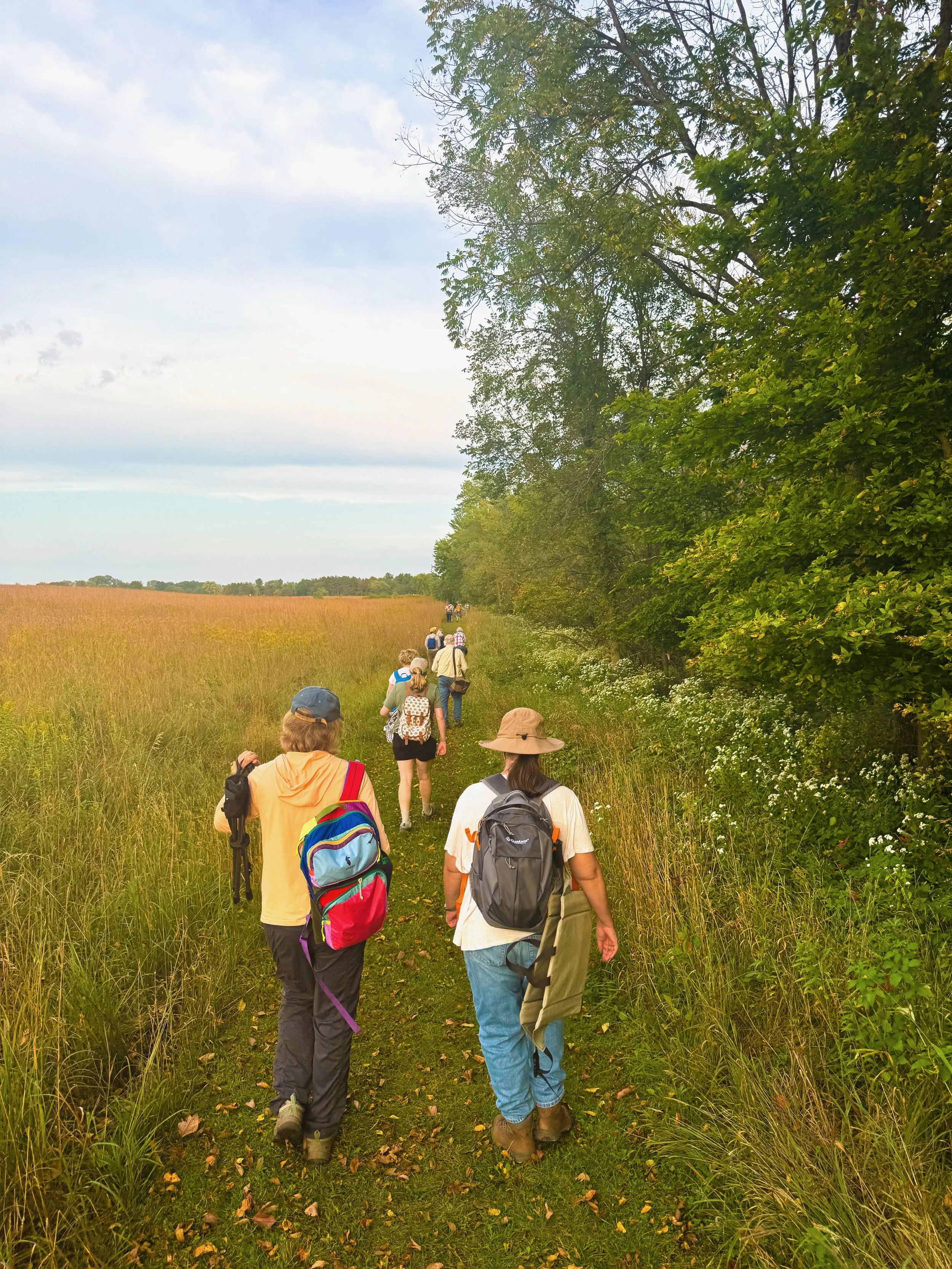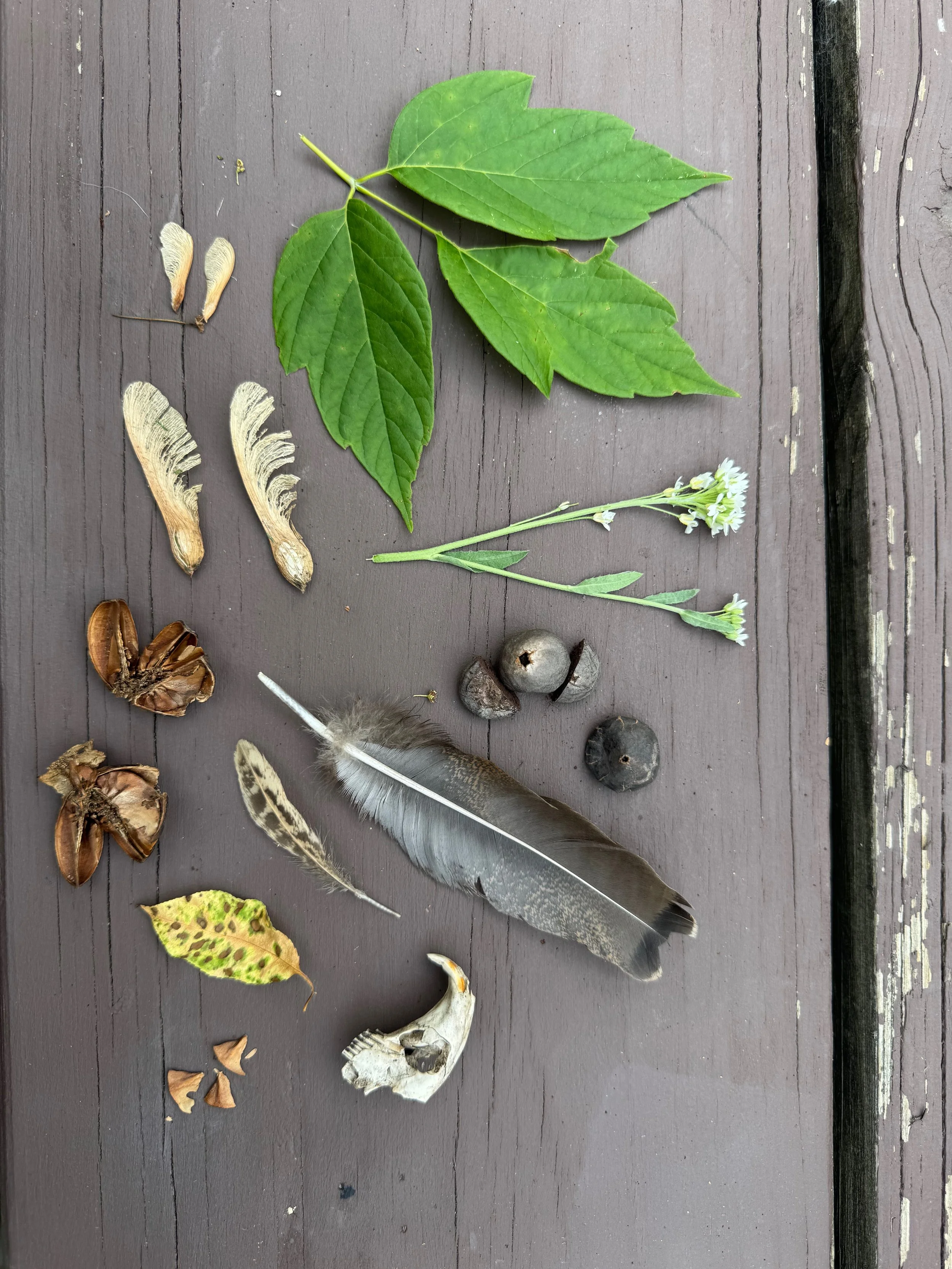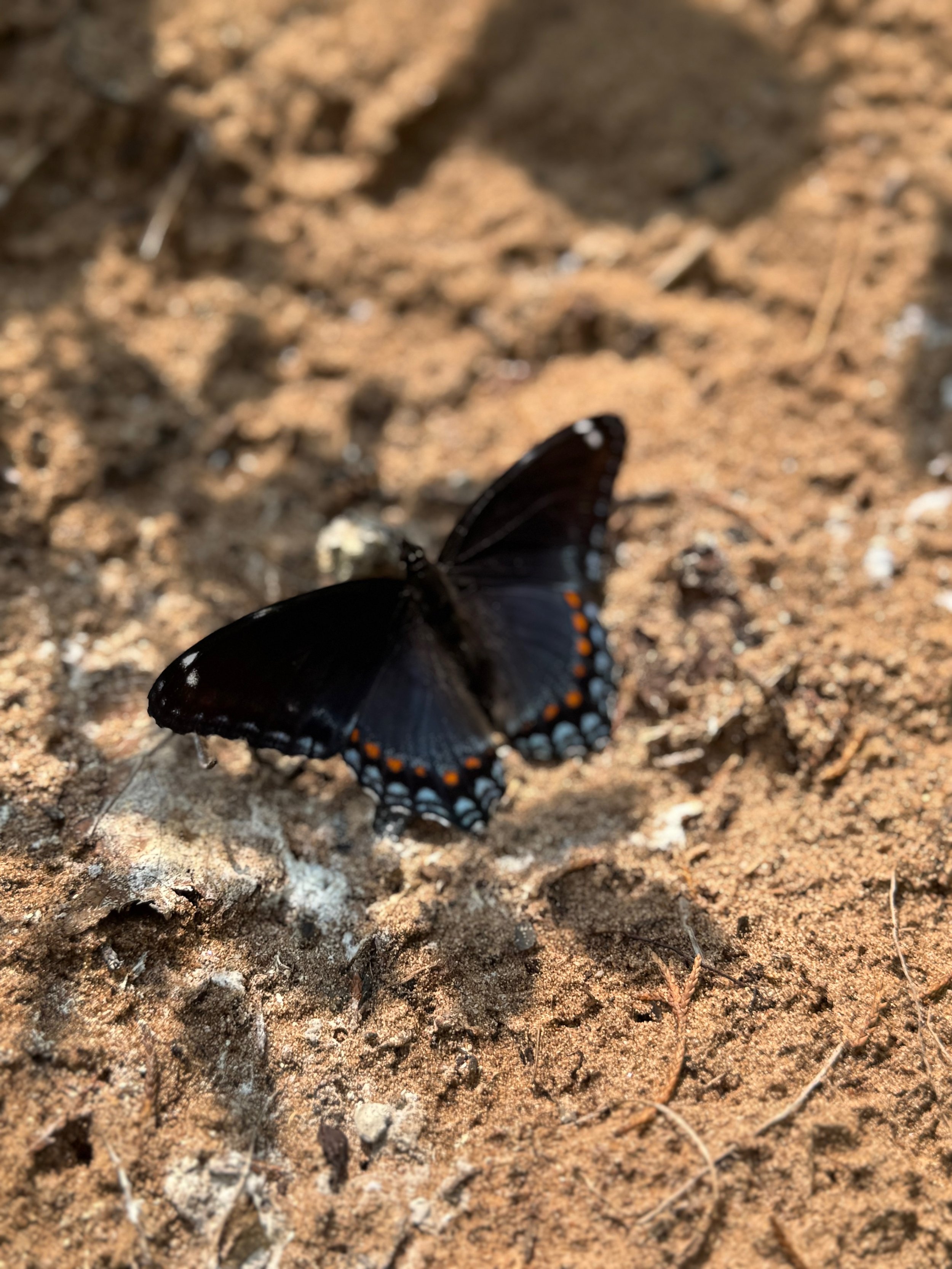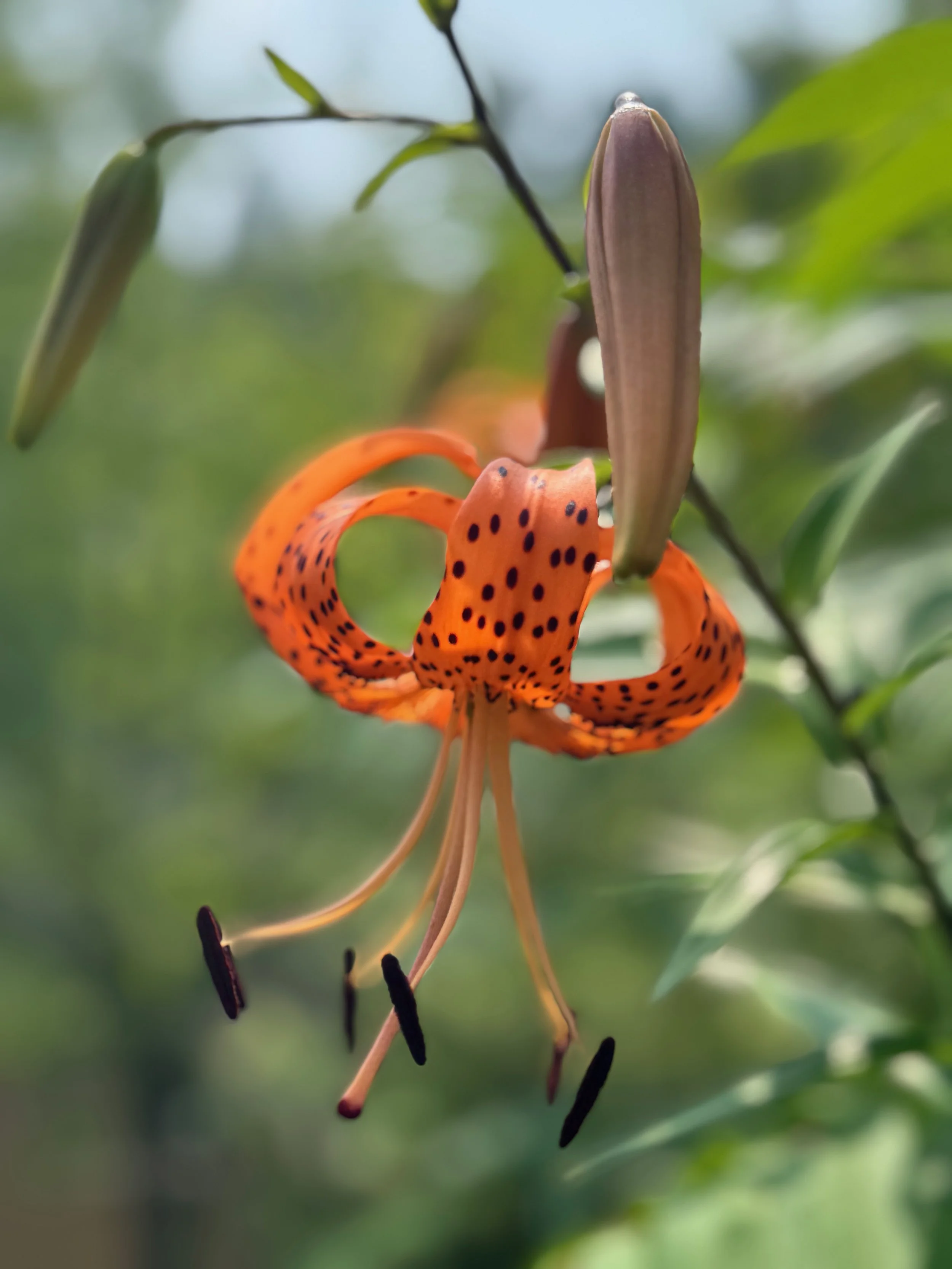What Is Field Notes?





















Art is a reflection of ecology—the relationships among organisms and their environments —and applies to all forms of artistic expression, including writing, fine arts, craft, architecture, culinary arts, and music. As beings deeply connected to the earth, everything we dream, imagine, think, create, or build is inherently linked to nature. Therefore, understanding the natural world is essential for anyone looking to grow as an artist.
The more you observe and learn about the complex ecosystems around you, the better you can appreciate their various forms and functions. "Field Notes" serves as an introduction to this deeper understanding, ultimately fostering growth and productivity in any creative endeavor. While "Field Study" is often associated with Field Illustration or Botanical Illustration, "Field Notes" takes a different approach. It emphasizes the art of slow movement, observation, reflection, and research. How you choose to apply your experiences is entirely up to you.
Over the past five years, I have developed a variety of Field Notes courses aligned with the changing seasons. Each five-week series is designed to be fun, engaging, cathartic, and accessible. Participants typically share a passion for creative expression, nature, or both, and they contribute valuable knowledge in areas where I may not be well-versed. The series also enhances your observational skills, deepens your connection to nature, and fosters creative growth. Additionally, the series features special guests—artists, scientists, naturalists, or a combination of these—who enrich the experience by guiding the group through activities that encourage new ways of seeing and understanding the world.
During a session this year, I gained a new appreciation for ants after observing thousands moving in rhythmic waves to relocate exposed larvae under a rock. My presence disrupted their system, prompting me to reflect on my impact on the natural world.
Field Notes provides time and space to observe, learn, reflect, and respond. The more you engage with the natural world, the better you can understand its forms and functions.
Treehaus offers Field Notes courses for each season, each running for five weeks. The sessions are enthusiastic, relaxing, and accessible to most (reasonable accommodations can be made upon request). Participants share a passion for nature and often bring knowledge in areas I may not be familiar with. Field Notes helps participants connect, discover, and build confidence outdoors. I say "mostly enjoyable" because Field Notes also encourages us to walk a little further, explore in the dark, stay in the cold a bit longer, or touch something we might find gross. It gently pushes against our comfort boundaries, facilitating personal growth.
This year, I developed a new appreciation for ants after observing them collaborate to relocate larvae when I flipped over a decaying log, realizing my presence disrupted their system.
Join our creative community this February for our winter session. Explore new and familiar outdoor spaces, gain fresh perspectives, and warm up at Treehaus Studio with inspiring, skill-building activities and meaningful connections.
Thanks for reading.
— Jessica Turtle
